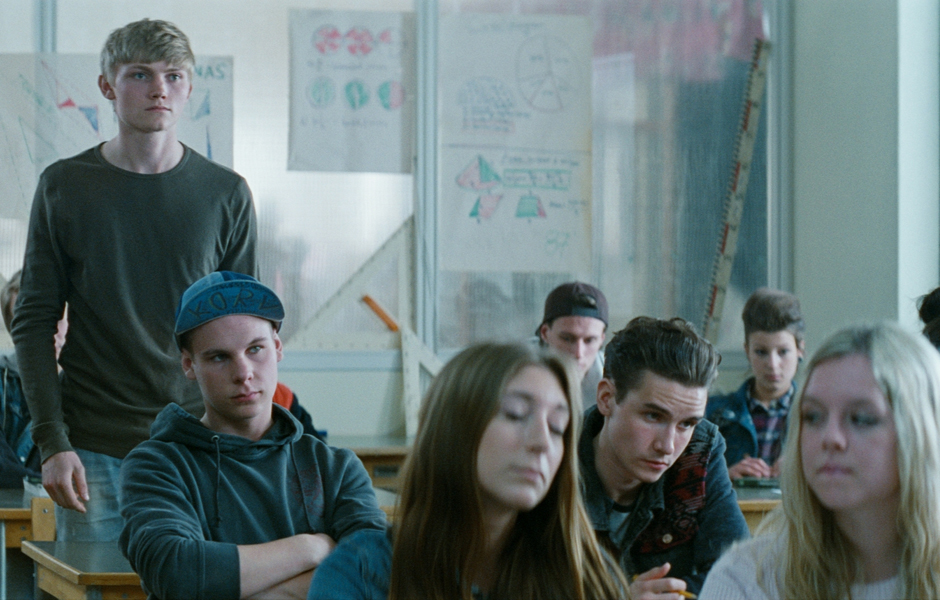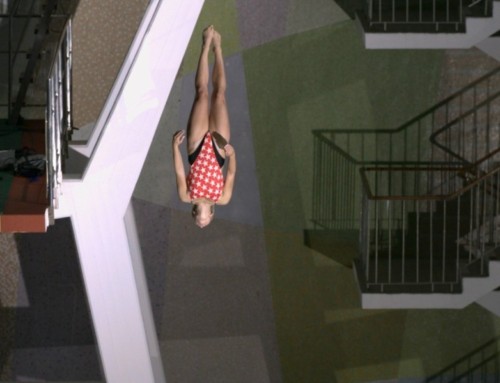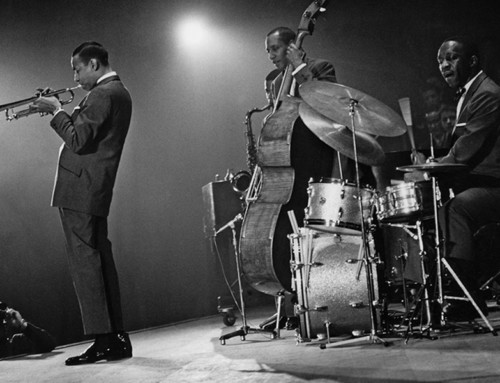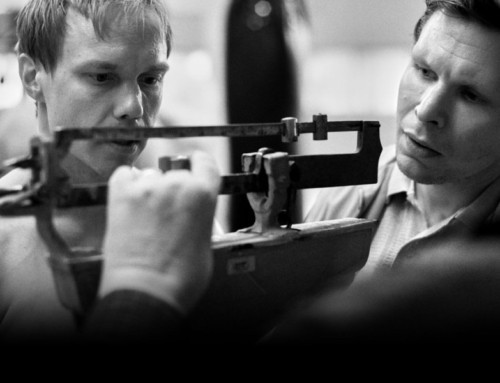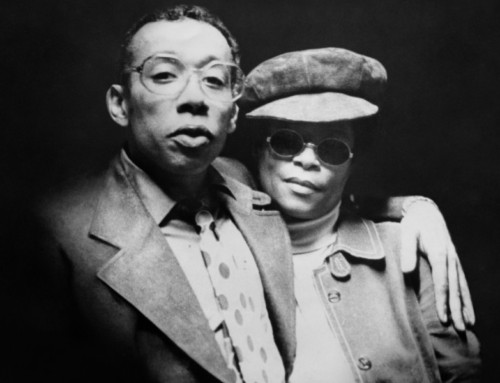Stephen Dalton, Hollywood Reporter:
A chewy blend of Swedish and Polish ingredients, The Here After was never likely to be a fun frolic on a sun-kissed Baltic beach. Offering a non-judgmental, broadly sympathetic, psychological portrait of a Swedish juvenile delinquent living with the crushing guilt of a violent crime, this modestly compelling glumfest premieres today in the Quinzaine sidebar at the Cannes film festival.
Partly modeled on real case studies, Warsaw-based Swedish auteur Magnus Von Horn’s feature debut is backed by Lars Von Trier’s Zentropa company and boasts handsome cinematography by Łukasz Żal, who recently clothed Polish Oscar-winner Ida in 50 ravishing shades of grey. Somber and stern, The Here After is vintage Scandi festival fare, though the star billing of chart-topping pop singer Ulrik Munther may help its commercial prospects domestically.
|…| The Here After self-consciously draws on the visual grammar of classic, serious-minded, Euro-Scandi auteur cinema. It smacks of quality workmanship, even if the story is ultimately too slight and familiar to leave a deep impression. But Von Horn’s delivery is precise and thoughtful, showing clear promise for future projects.
Read the whole article here.
The kids are not all right in “The Here After,” a cold, controlled, minimalist drama about the aftermath of a crime committed by a teen in contempo rural Sweden. Mirroring the milieu of his tale, where repressed emotions eventually run amok, Sweden-born, Poland-trained helmer-writer Magnus von Horn withholds traditionally expected narrative information, revealing only gradually the reason for the locals’ hostility toward his protagonist, thus making spoilers an inevitable part of any synopsis. This style of storytelling will not be to all tastes, but the pic should serve as a calling card for fests on the lookout for new talent.
Read the whole article here.
Jonathan Romney, Screen Daily:
Two European traditions of cinematic severity come together in The Here After, the debut feature of Magnus von Horn, a Swedish director trained at the Polish National Film School in Lodz. Von Horn’s psychological narrative is as starkly economical as you might expect from his pedigree, but he develops a distinctive take on the ‘less is more’ aesthetic in this story of a teenage outsider carrying the stigma of a terrible crime. Spare, controlled direction, a rewarding emotional payoff and a powerful performance by young lead Ulrik Munther – all the more eloquent for being so inscrutable – should give The Here After a strong festival presence, as well as appeal for niche distributors canny enough to make the most of the film’s hybrid arthouse/thriller register.
Read the whole article here
Bénedicte Prot, Cineuropa:
Von Horn keeps up the suspense of the situation – this infamous crime, of which the movie depicts the ”hereafter” – for a long time: he allows us to observe and wait for something to happen. Little by little, we discover more about the murder that earned the young hero a two-year stretch in prison, but the situation remains frozen, as if it were stricken by that paralysis that Joyce talked about in Dubliners, and which is perpetuated so easily in this male-dominated world. It is, incidentally, the handful of female characters who pose questions, rattle the cage of repressed emotions and dare to put into words the process of questioning that constitutes the preliminary step necessary for any form of catharsis.
Read the whole article here
More to read: Brogen Hayes

